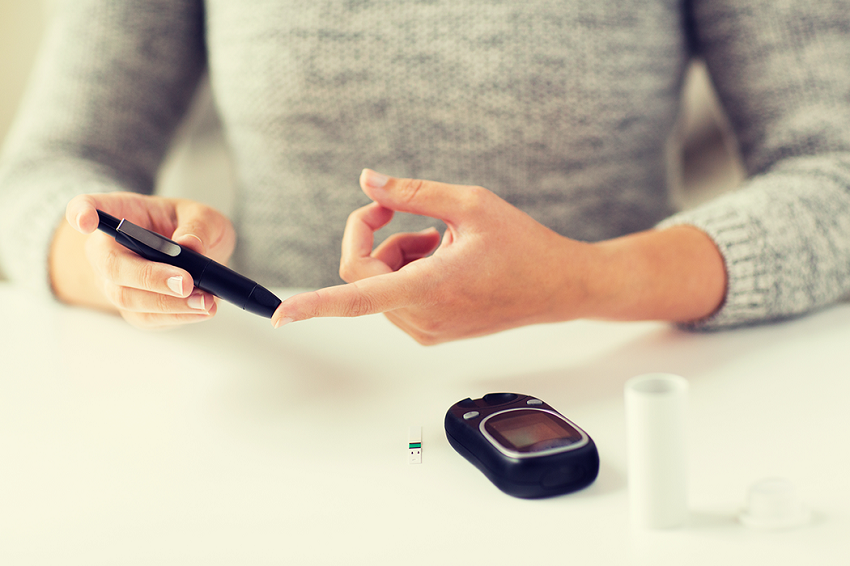2 Symptoms of Diabetes
Diabetes is a disease that has many early signs which are often easy to overlook. Diabetes is generally divided into several categories or types. These categories include Type I Diabetes, Type II Diabetes and Gestational Diabetes. Unfortunately, some diabetics never experience any signs of the disease at all. This creates a problem when diabetes is left untreated for many years.
One of the symptoms that is always a sure sign of diabetes is elevated blood sugar levels. Physicians often encourage patients to have their blood sugar routinely screened in order to catch this disease in its earliest stages. The average person has a normal blood sugar range of about 75 to 90 mg/dl just prior to eating a meal. One to two hours after eating, that same person would be expected to have a score of around 120 mg/dl. This varies quite a bit because of individual and his or her body type.
A person who is diabetic will often experience excessive thirst. This thirst will be difficult to explain and unrelated to exercise or weather conditions. Excessive hunger is also a signal that diabetes might be present. Often, a diabetic person will have unexplained cravings for foods that normally would not be on their menu.
Weight loss without a reason is also considered a sign of diabetes. These symptoms can also be attributed to many other diseases, so it is considered a good idea to consult a physician when they are present.
The need to urinate frequently is also a sign or symptoms of diabetes. This can be partially due to the increase in thirst and hunger. Severe fatigue can signal the onset of diabetes as well. This is sometimes overlooked because of the vagueness of the symptom. A person may feel more tired than usual and not attribute this feeling to anything in particular. Fatigue is also overlooked by the physician in many cases.
A combination of these signs and symptoms is what prompts many people to undergo testing for diabetes. This is accomplished with one of several blood tests. A fasting blood test will measure a patient’s blood sugar levels after a six to eight hour fast.
This is the least accurate of the diabetes tests because the normal levels of sugar in a person’s blood can vary from person to person. The more accurate one-hour glucose tolerance test is the most recognized of the tests for diabetes. This test allows for the body to face the challenge of producing insulin and regulating blood sugar in an allowed period of time. A positive result on this test and the presence of several warning signs including weight loss or thirst can be considered an adequate predictor of diabetes.
The accurate diagnosis of diabetes, no matter what the type, is dependent on the patient. He or she must be cautious enough to notice small physical changes which might signal much larger problems.
Recommended Products For Diabetes








